“Rebecca Bender Moved to Texas!” – from Texas’ Child Sex Trafficking Team
Welcome to PBJ Learning’s Knowledge Vault video series There are a lot of places to get your information. We try to bring it all together and categorize it for you to easily access through your Knowledge Vault. We hope you find what you need in this video reference material. Texas’ Child Sex Trafficking Team presents…

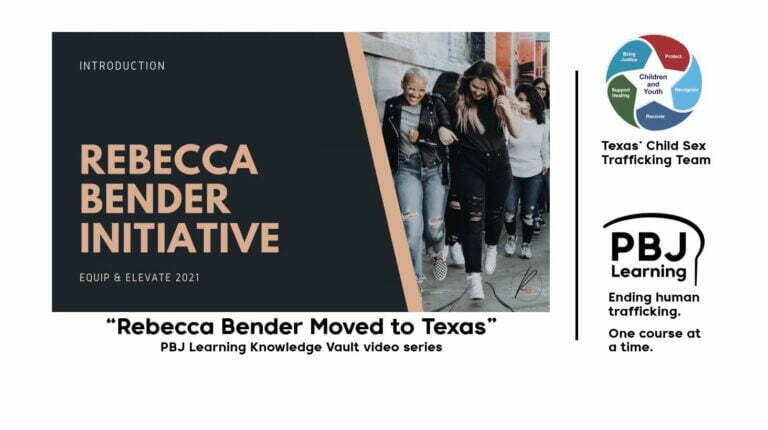
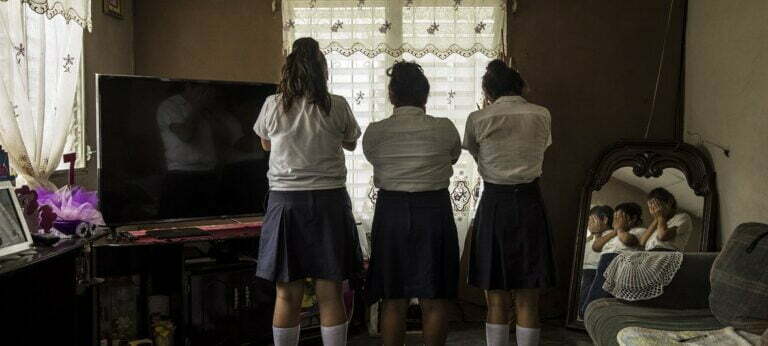

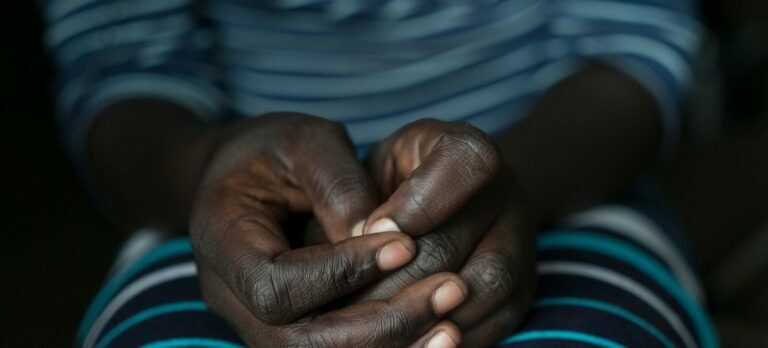
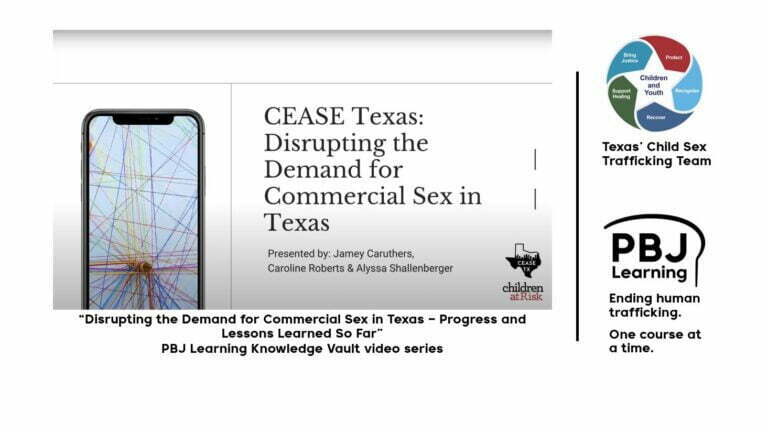
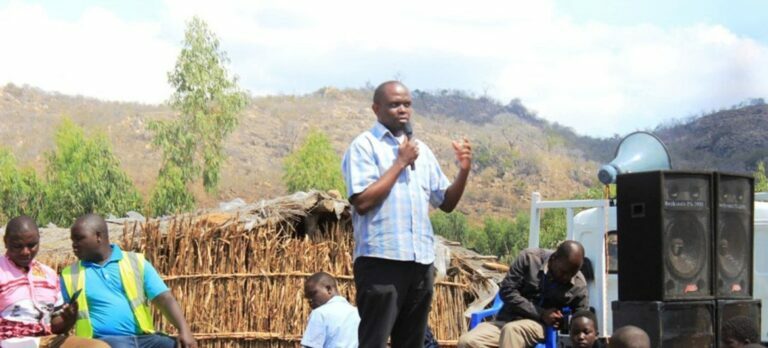
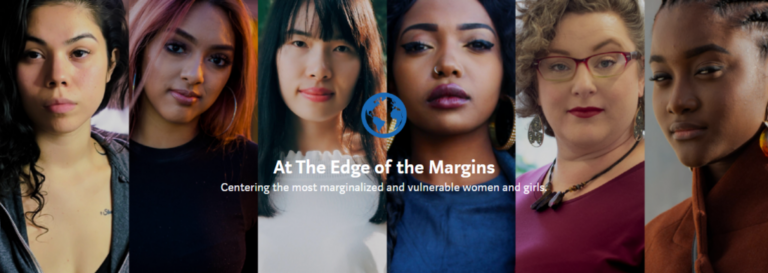
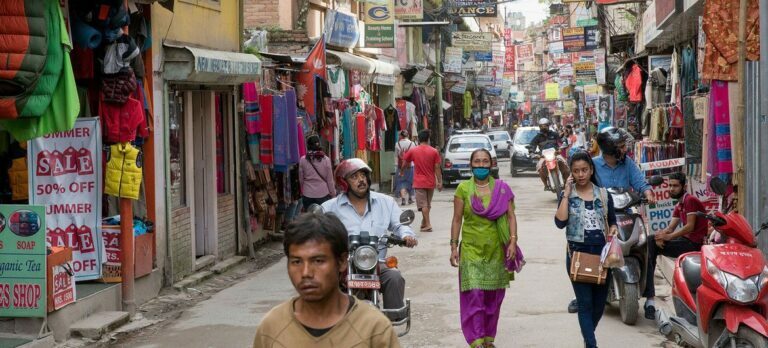
![Psychological Effects of Human Trafficking: How Can You Help? [Part 3] (from Community Coalition Against Human Trafficking)](https://pbjlearning.com/wp-content/uploads/2022/05/psychological-effects-of-human-trafficking-how-can-you-help-part-3-768x512.jpg)
